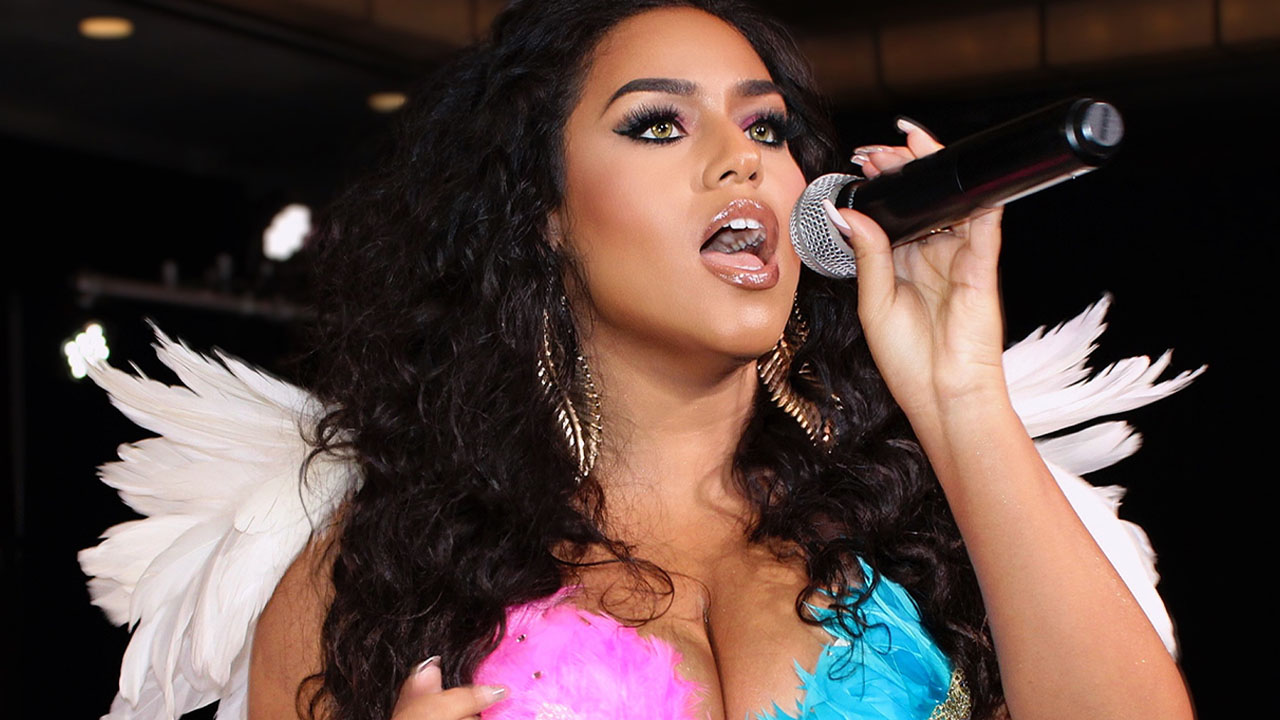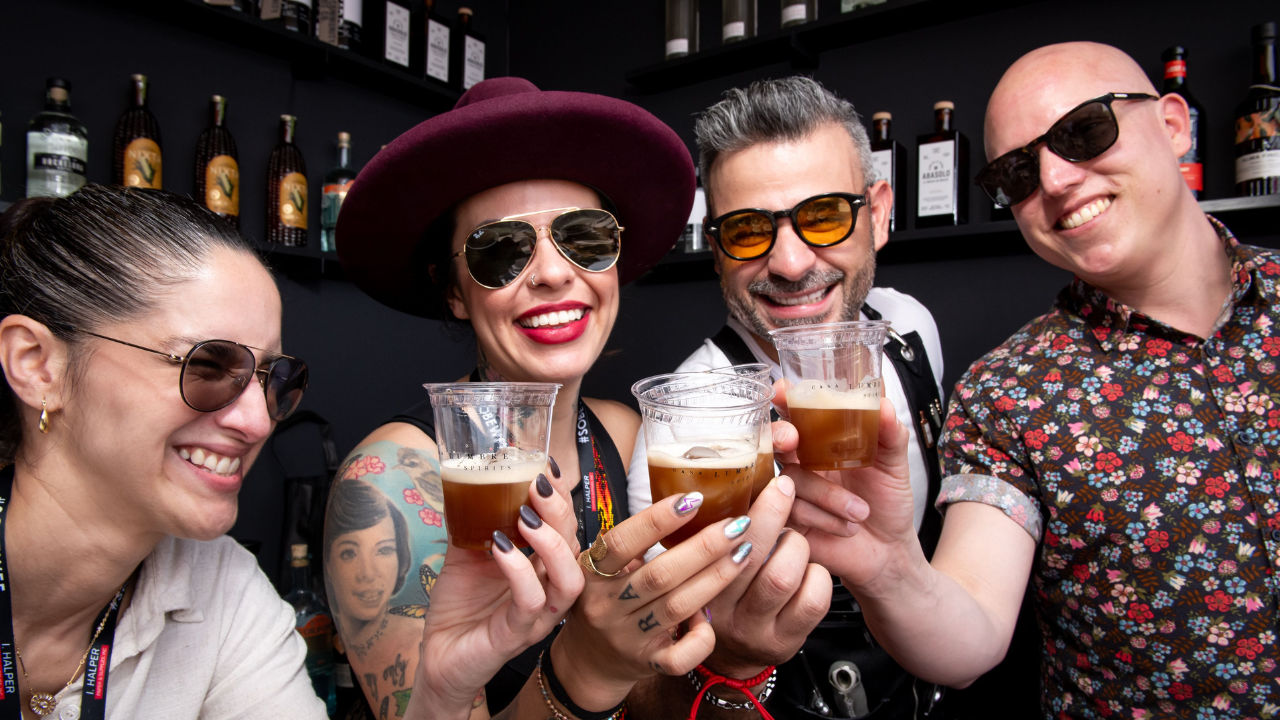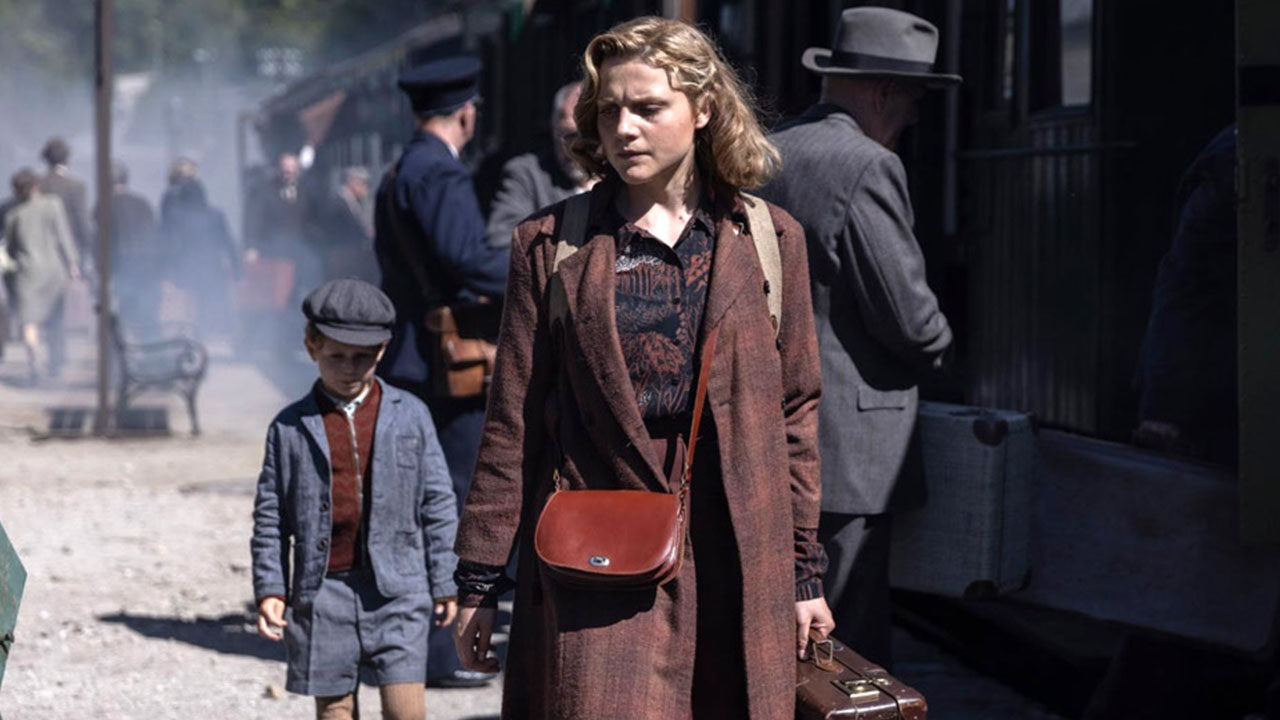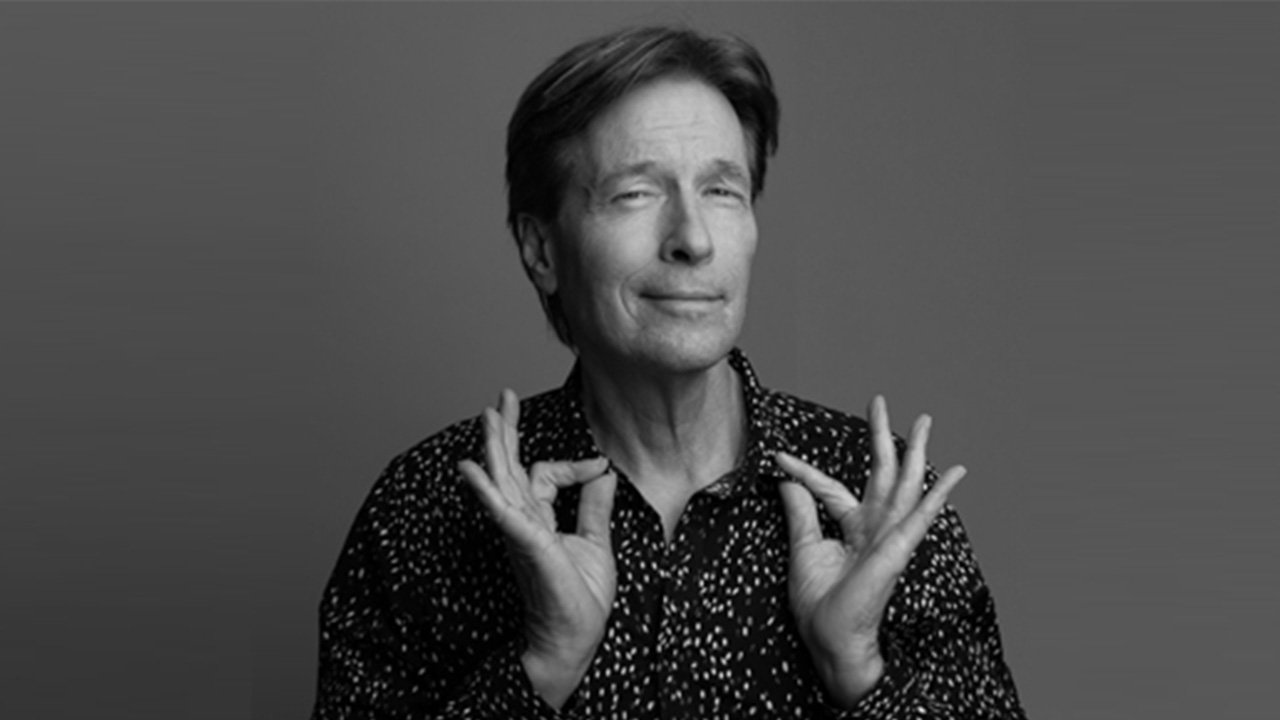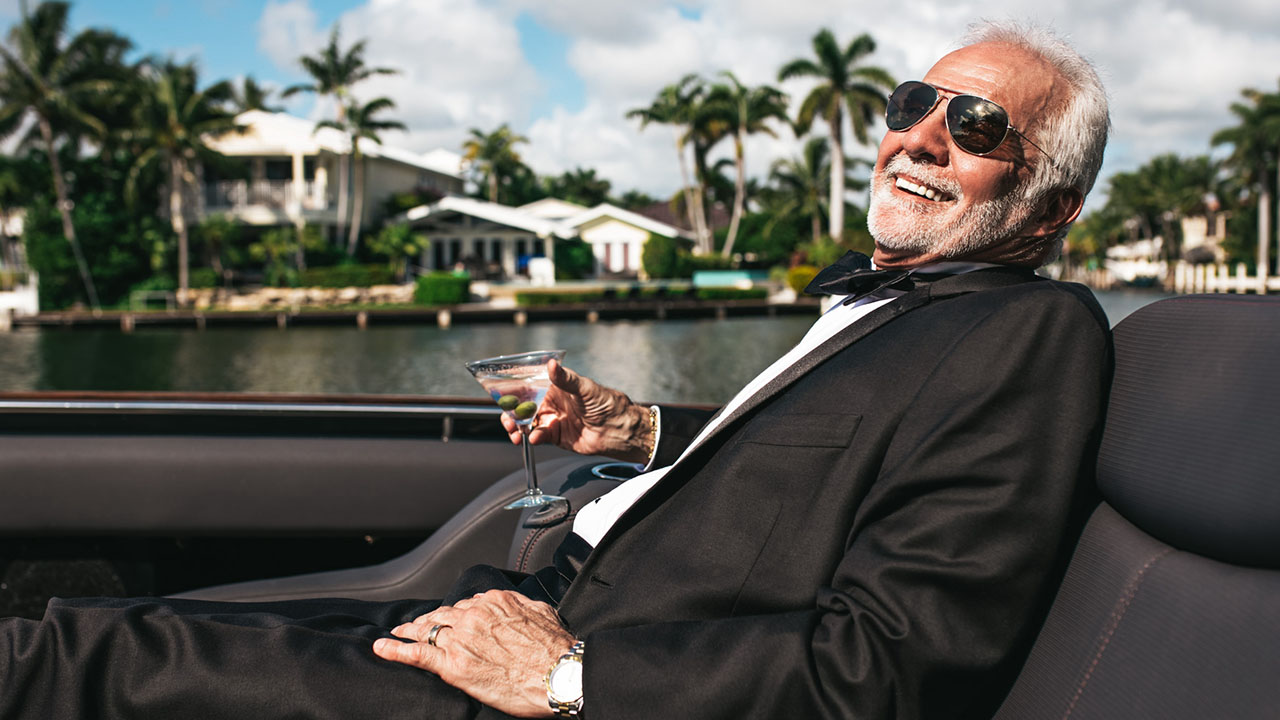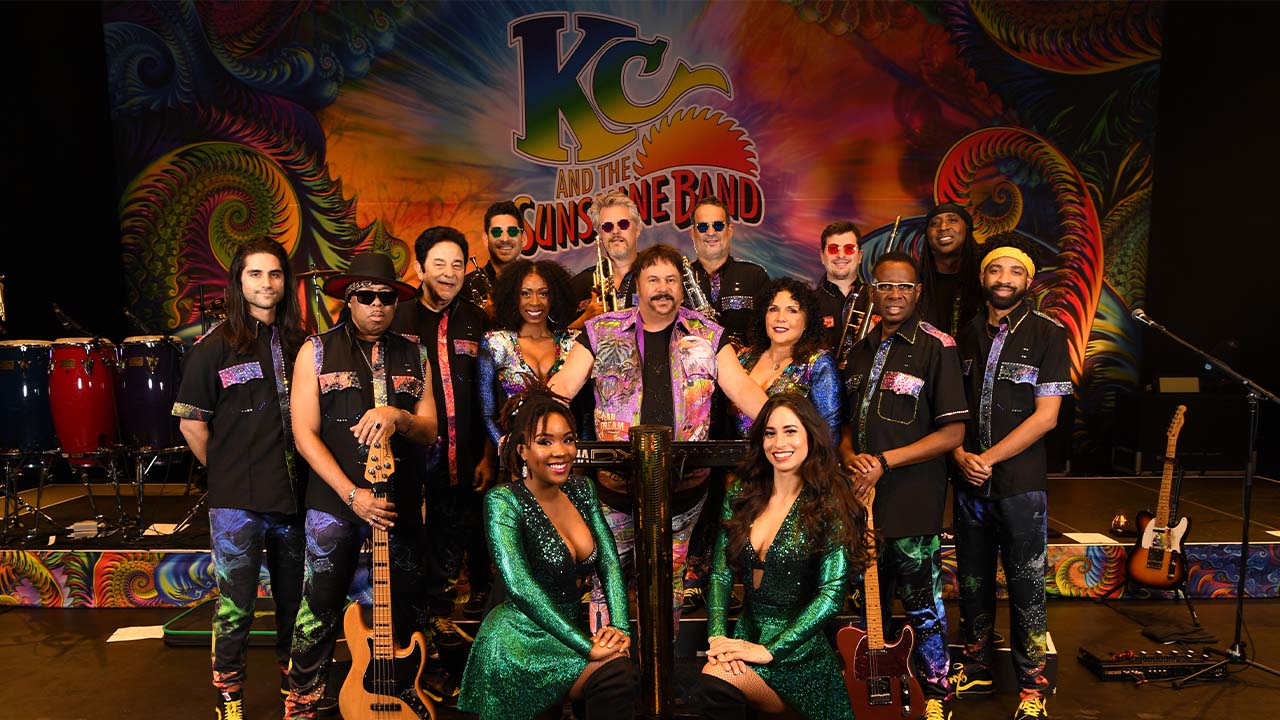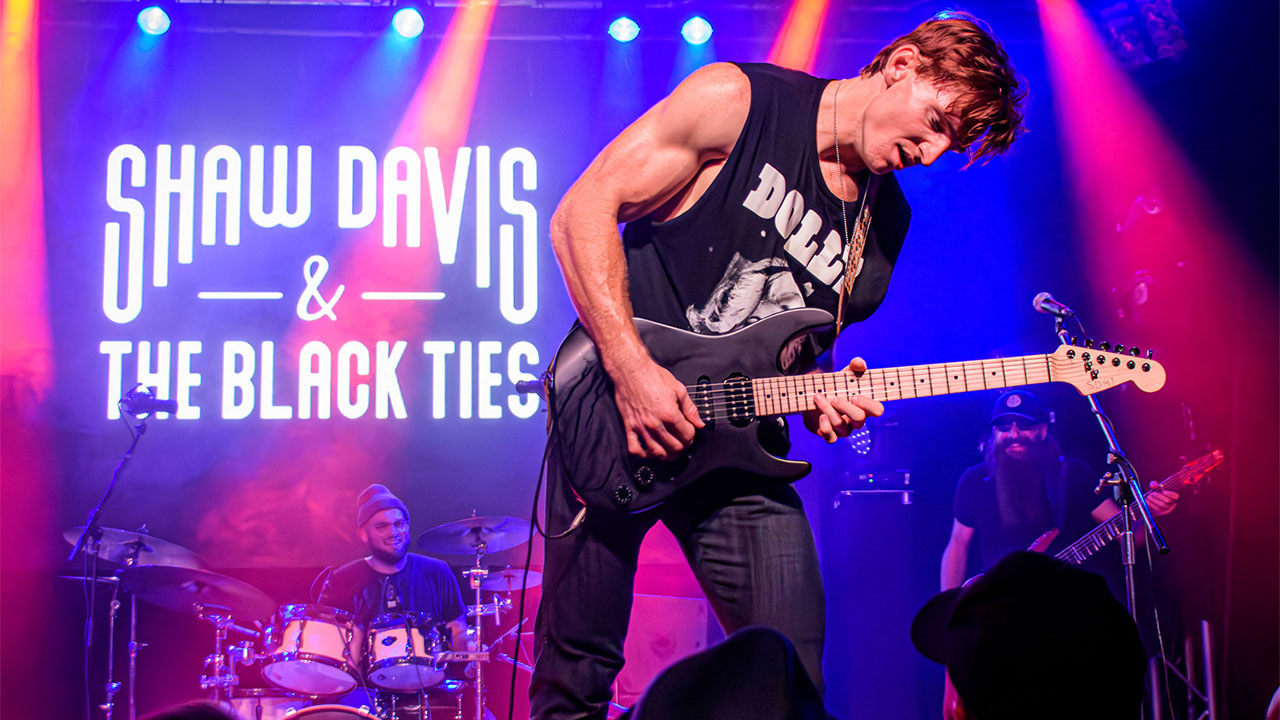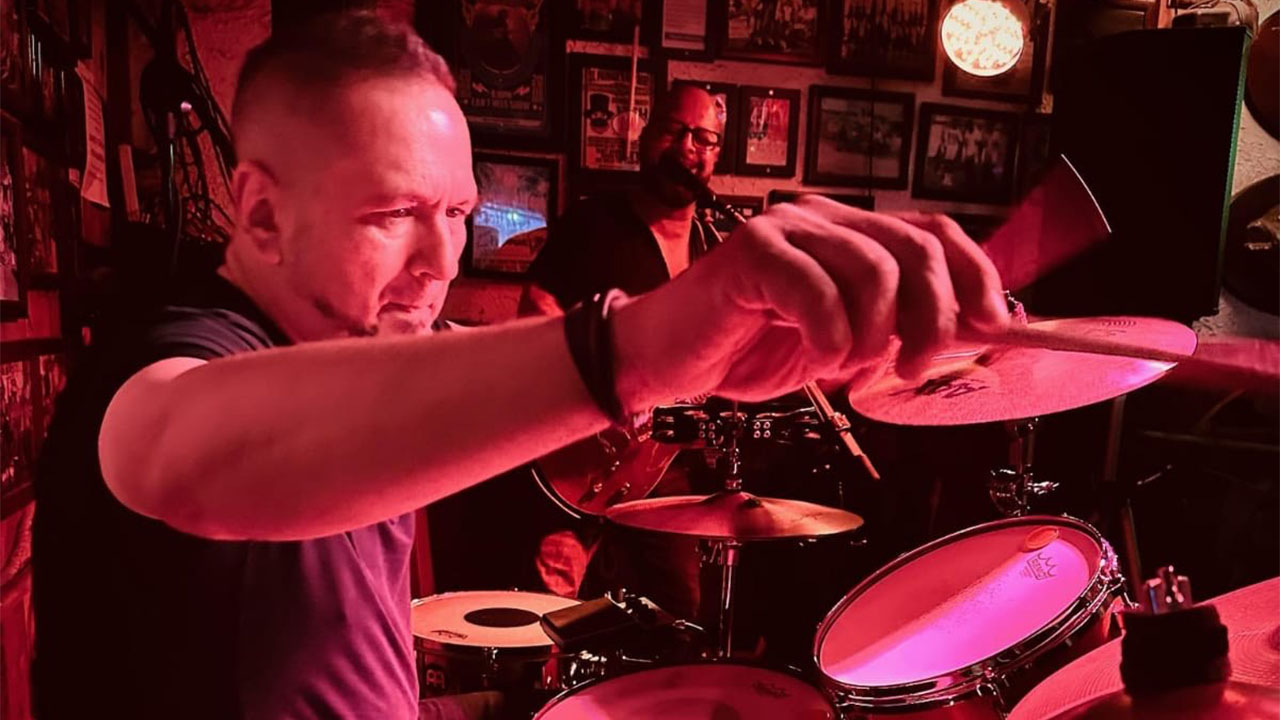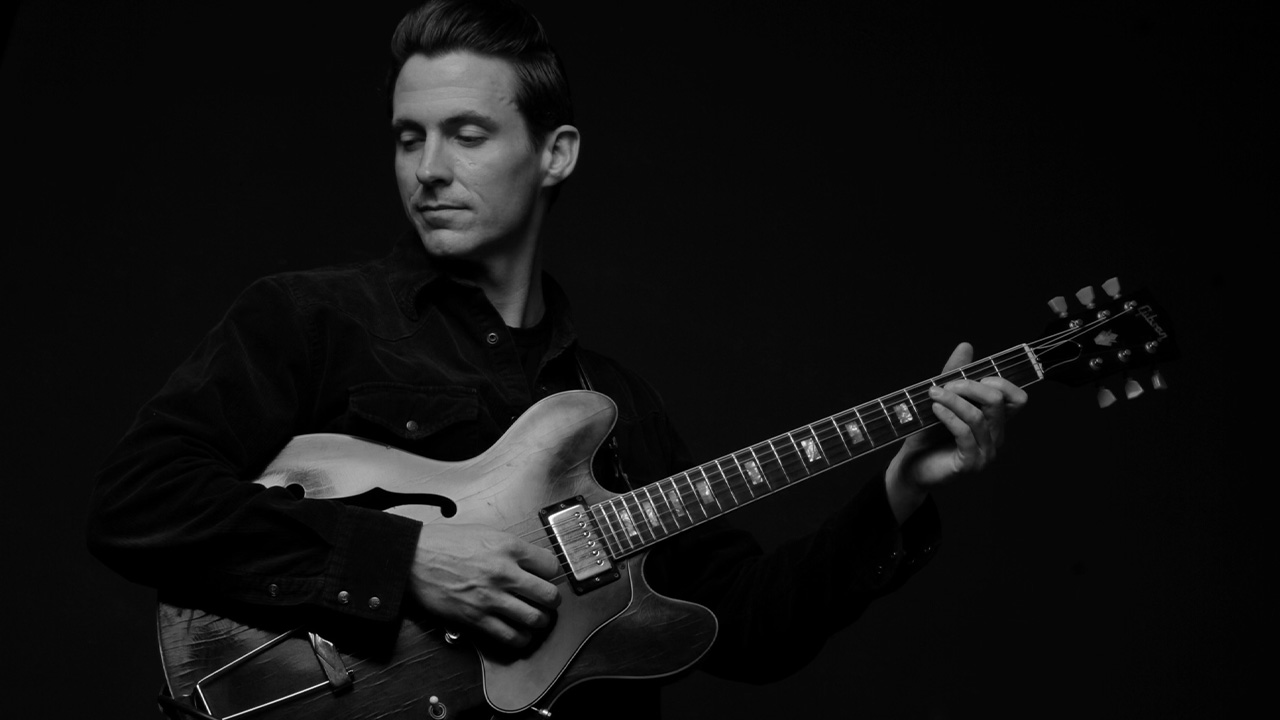You wouldn’t know it to see Gabby B in her empowered element.
The South Florida resident, born Gabriela Bueno, looks every bit the social media sensation she’s become for her polished pop music videos on YouTube and her playful short takes on TikTok that make the most of her supple dance rhythms and curvaceous Brazilian beauty. Over the past two years, videos for four of her singles—two high-energy collaborations (“Pretty Girl Lit” with Justina Valentine and “Earthquake” with Mikaila Murphy) and two solo efforts (“Belly Dancer” and the soulful “One Too Many,” released in March)—all have eclipsed 1 million views.
Meanwhile, her popular TikTok page (gabbyb_music)—which exploded amid COVID-19 thanks to a single video that captured Gabby at her hip-shaking best—now has 3.7 million followers and more than 45.1 million overall likes.
It’s the kind of success as a singer and dancer that the 23-year-old dreamed about as a youngster. In those days, though, the dreams were as much about escaping as they were about realizing her potential.
An only child to parents who know all about being in the spotlight—her mother, Michelle Honnie, delighted audiences as a Samba dancer and singer; her father, Mestre Leitao, has gained international renown as a Brazilian martial arts master in the discipline of capoeira (which combines dance, acrobatics and spirituality)—Gabby grew up on the move.
Her family left Brazil when she was 3, settling in Avignon, in the southeastern Provence region of France. Seven years later, they moved to North America, where Gabby spent middle school and ninth grade shuffling between Massachusetts and Canada. The family finally settled in South Florida; Gabby spent two years at Broward County high schools before finishing her senior year at home.
What happened during her traditional classroom years speaks to her current role as official ambassador for Boo2Bullying, a youth development and suicide prevention nonprofit that offers resources and support for those who’ve struggled with bullying and discrimination.
Gabby (who just released her latest single and music video, “Leche”) opens up about the incidents that shaped her childhood—but that ultimately led to the inspired example she’s setting for fans of all ages. (For info about new music, pop-up events and club appearances in South Florida, visit gabbybmusic.com.)
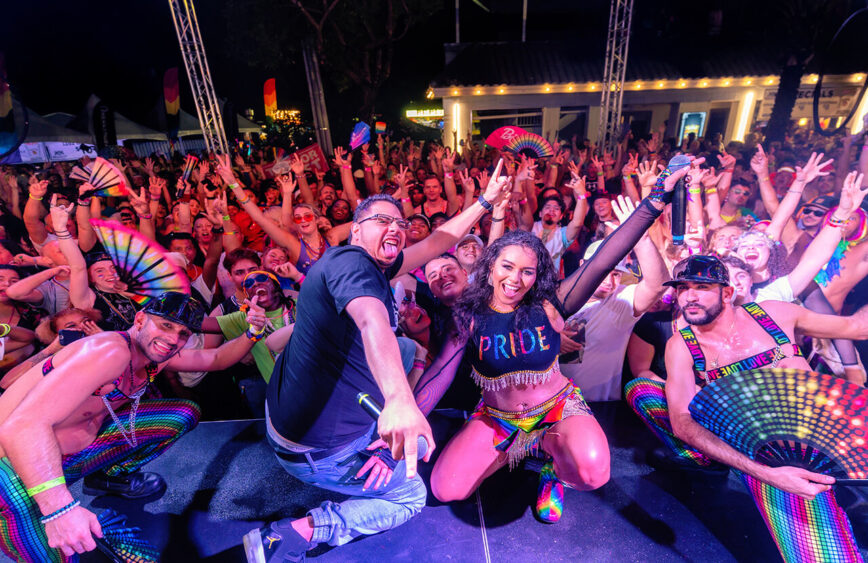
You’ve been candid about the bullying you experienced as a youngster. What kind of impact did those incidents have on you growing up?
I started having an imaginary friend when I was young. Her name was Diana. And I started spending a lot more time with my Barbies. That’s where my obsession began. I have over 300 Barbies in my room right now, plus the Dream House. For me, it was a way to combat the loneliness [and pain] from the bullying. Barbies made me feel comfortable. That was my safe space.
When we lived in France, the bullying was more physical. Kids would act like your friend, and then they’d push you down or spit on you. One kid bullied me all the time at recess. He’d kick me and pull my hair. It wasn’t just me, though. Other kids were getting bullied at that school. But the teachers wouldn’t do anything. One girl dug [her nails into Gabby’s hands] and it left me bleeding. I showed the teacher, but the girl said I started it by pushing her. So, we both got in trouble.
I was one of the only Brazilian girls, but [in retrospect] I don’t know if it was about that. Like, there were a lot of kids at that school from the Middle East. I do know my parents suffered with me. So, we moved to Massachusetts.
What kind of bullying did you encounter there?
That was racism. It was surprising because there were a lot of Hispanic people there, including other Brazilians. But the popular kids were the skinny blonde girls with blue eyes, the football players. I wasn’t the only brown girl at my school, but there was this discrimination against foreigners. Even the teachers would make me feel dumb because I didn’t know the language very well. I had this French kind of accent when I spoke English, and people in class would laugh at me.
I did have a friend, this cute white girl, and she had been good to me. But she had this other friend who had a birthday party. My friend invited me to the party. I was 12. When I got to the party, the other girls were all white. And they kept staring at me. It was weird. And it made me feel awkward.
At one point, the birthday girl went to talk privately to her parents. The parents came up to me and said that they’d have to drive me home.
They kicked me out of the birthday party.
My friend did offer to leave with me, but I told her to stay. I was so upset. I’ve never cried so much.
These are such formative years for a young girl. What was this doing to your self-esteem?
[Tears begin streaming down Gabby’s face, and her voice cracks as she speaks.]
I started disliking my own skin. I didn’t like my hair. For the longest time, I wanted to be blonde. I didn’t like myself or the way I looked. I wanted to be white, so badly.
It wasn’t until much later, as my music career started to [blossom], that I began accepting my skin as it is. I’d even avoid the sun because I tan so easily.
Did music play a role in helping you survive these years?
Music always helped. When I listened to Whitney Houston, Britney Spears, Mariah Carey, Christina Aguilera, I felt better.
Whenever I watched artists on TV, I’d imagine what it would be like to sing and dance on stage. I always dreamed about it. Part of it was the idea of proving all these kids wrong—I can be cool!
I could envision all of them being in the gym, at some assembly—and me performing these songs that I’d grown up on.
But I always felt a bit like the ugly duckling. I did go out for school plays, but I never got the main roles. The pretty blonde girl would be the lead character—and I’d be cast as the tree.
Finally, in high school after we moved to South Florida, I had a chance to play Fiona in a musical production of Shrek. But I declined. … That’s a whole other story that speaks to a song I wrote—“Lost with You”—about a boy, my first love, who controlled everything that I did. He didn’t want me to be a dancer or a singer. He didn’t want me to do anything. The reason was that he wanted to be a pastor. He was religious to the point where if God told him to jump off a bridge, he might do it. So, every time I wore something tight, something that felt right to me, he would make me feel bad.
Did that experience impact your feelings about relationships?
Right now, I don’t want anything to do with a boyfriend. I haven’t wanted that in years. … I’ve just been focused on my music. My songs have been more of an anti-love type of thing.
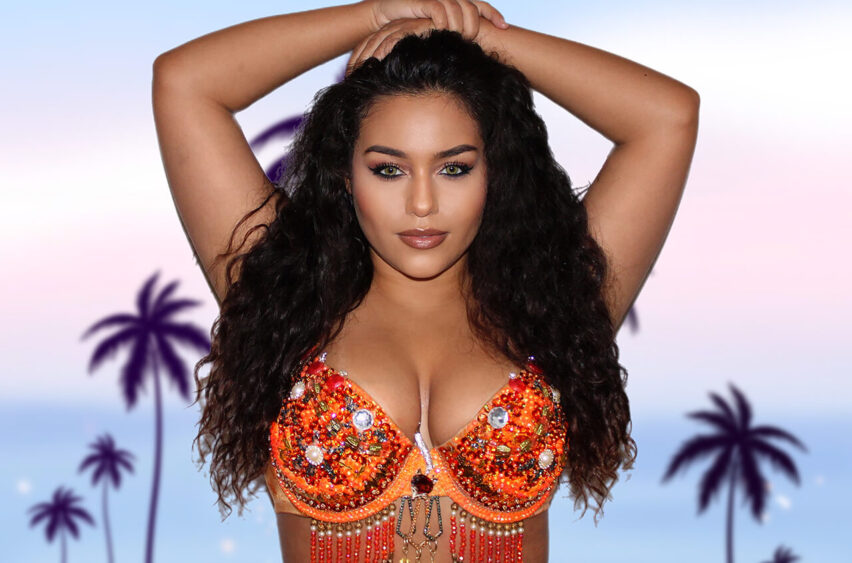
When did you begin taking steps toward a career in music?
It started with trying to grow my social media. Danny Adelstein, who’s my manager now, was my best friend before any of this. He’d help me with Instagram. I didn’t know where it would lead. Music is so hard to break into. I thought more about the actress side of it—performing in musicals, where I could sing and dance and be someone else. I used to do that on a day-to-day basis as an escape. I’d go to school and secretly pretend to be a vampire. I was a weirdo.
During my senior year, Danny’s dad [Mitch Adelstein], who’s my godfather now, heard me sing. He’s the one who made it possible for me to start in music, and I’m so grateful for him. I was just singing for fun, but he was impressed. Out of nowhere, he offered to invest in my career. [Note: Adelstein is the owner of the Chicago Sports Spectacular, the Midwest’s largest sports collectibles show. He ultimately started a music label for Gabby, Muy Bueno.]
We started doing cover songs, pop songs, in English, Portuguese and French for social media. Then we went to Atlanta, where I recorded my first song. I didn’t write it. I had songs in my diary, but I wasn’t ready for that yet. We did three songs and made videos for all three. Right now, I’m hating my first song—which was “Under My Skin”—because it’s too bubbly. It’s me as a person, but it’s not me in my music. I’m more aggressive as a performer.
But you didn’t go viral as a singer. Your big push came from a dance video, right?
We were doing serious music but also posting silly videos with [other artists’] viral song sounds. I posted one of those videos the day after everything shut down [due to COVID-19]. I had filmed it in Chicago. It’s just me dancing, the way people dance in Brazil. It’s like belly dancing but more aggressive.
But people thought I was a belly dancer. It blew up first in India. Some of the people there actually thought I was Indian. Overnight, I went from 10,000 followers on TikTok to 100,000. That video now has over [41.2] million views.
Because of that, I became a professional belly dancer [in the sense that] record labels in other countries would pay me to belly-dance to their artist’s songs. They wanted my audience. I used to do that a lot.
Later, when my followers heard me sing, they started enjoying that too. Eventually, I did a song called “Belly Dancer.” I studied the belly dance culture, learned more about it and worked with a teacher before recording the song and video.
Suddenly, I’m this social media influencer—and it all started because of belly dancing.
How does the attention you receive now—as a talented, empowered, beautiful woman—resonate with you given everything you’ve been through?
I was a blonde in the beginning of my career, still trying to be white. But since around age 19, I slowly started getting back to my natural hair. And then I stopped straightening it and started leaving it curly. Now, I even get my Brazilian tan because it’s a famous thing to have that tan line. I’d never do that before. But I don’t care now.
I think it’s because of the way my career has gone—and mostly because of my fans.
There’s this app called Likee for younger kids. I have about 700,000 followers, and many of them are little girls, some as young as 5. I hear the stories from them. “This kid at school called me stupid and ugly. But I love you Gabby, you inspire me.”
Now that I’ve shared my story, kids are asking me for help. It’s positive for them to see that there’s another person out there who’s gone through the same things. They’re not alone.
Social media is still a bully platform, and it can be brutal. The more popular you are, the more hate you get. But, oddly, it’s made me even stronger. I’ve gone through way worse in real life. All of the [support and positive feedback she’s received from fans] has helped me with my own insecurities. They give me so much confidence.


